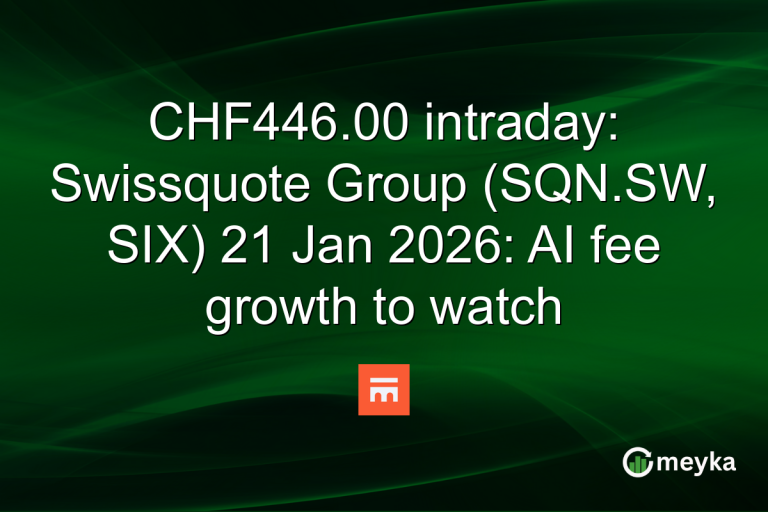SPY News Today: S&P 500 Declines Amid Regional Bank Concerns and Trade
The S&P 500 experienced a notable decline as concerns surrounding regional banks and escalating U.S.-China trade tensions impacted investor sentiment. The SPY, a significant indicator of the market’s direction, reflected these struggles with a drop in its value. Today, the SPY saw a decrease of 0.37%, closing at $662.7. This downturn highlights growing unease over regional banks’ lending practices and the potential fallout from trade disputes.
Regional Bank Concerns Impact Market
Recent reports suggest that lending practices at regional banks have raised alarms among investors. Bad loans and default risks appear to cloud the financial outlook. According to a Reuters article, worries over bank stability are fueling anxiety in the market. This strain on regional banks has triggered a broad reconsideration of financial sector investments. Analysts predict further pressure on bank shares if lending issues persist. Investors should watch regional bank earnings closely for a clearer picture.
Trade Tensions Add to Market Volatility
U.S.-China trade tensions are once again reaching critical levels. Recent talks have hit a stalemate, leading to tariff speculations. Such developments contribute to market instability, impacting investor expectations. As these tensions escalate, businesses face potential disruptions. This uncertainty adds to market volatility, affecting not just trade-dependent sectors but also broader market indices like the S&P 500. For investors seeking stability, staying informed on trade negotiations is crucial.
Current SPY Performance
The SPY has struggled amid these macroeconomic concerns. It stands at $662.7, experiencing a day low of $658.14 and high of $663.715. Over the past month, the SPY has decreased by 6.4%, marking a challenging period for investors. These figures reflect broader market concerns about the economic landscape. Despite these strains, the SPY has still achieved a 2.06% gain over the past year, indicating resilience in the face of adversity.
Investor Sentiment and Market Reactions
Investor sentiment remains cautious as market challenges persist. Social platforms show mixed reactions; some express concern over prolonged declines, while others seek opportunities amid volatility. A trend towards safer assets may emerge if these concerns intensify. However, historical market resilience offers some hope. Investors should diversify portfolios to mitigate risks from concentrated sector pressures.
Final Thoughts
In summary, the current decline in the S&P 500, represented by the SPY, points to significant economic pressures from regional bank concerns and trade tensions. It is essential for investors to monitor the evolving financial health of regional banks and the progression of international trade discussions for a better understanding of future market movements. The ongoing adjustments in these sectors could offer insights into potential recovery or further declines. Utilizing platforms such as Meyka for real-time insights and predictive analytics can provide valuable perspectives in navigating these uncertain markets. Staying informed and diversifying investments remain key strategies in these volatile times.
FAQs
The decline is primarily due to concerns over regional banks’ lending practices and escalating U.S.-China trade tensions affecting investor confidence.
Reports of bad loans and financial instability in regional banks have raised concerns about their impact on the broader financial sector, leading to decreased investor confidence.
Trade tensions between the U.S. and China contribute to market uncertainty, affecting business operations and investor expectations, which in turn impact the S&P 500.
The SPY is currently priced at $662.7, having seen a decline of 0.37% today. It reflects broader concerns in the market tied to economic pressures and instability.
Investors should closely monitor developments in regional banking and trade tensions, consider diversifying their portfolios, and leverage real-time analytics platforms like Meyka for informed decision-making.
Disclaimer:
This is for information only, not financial advice. Always do your research.






